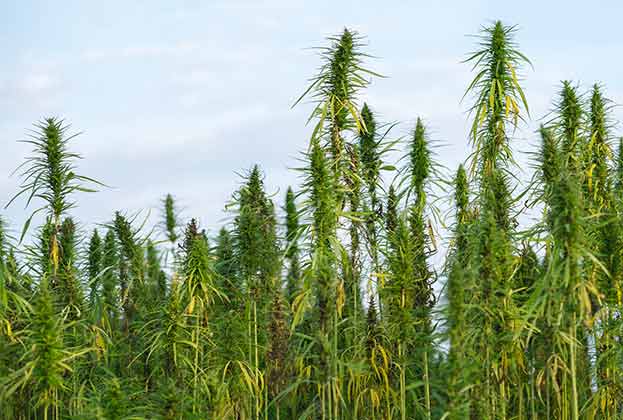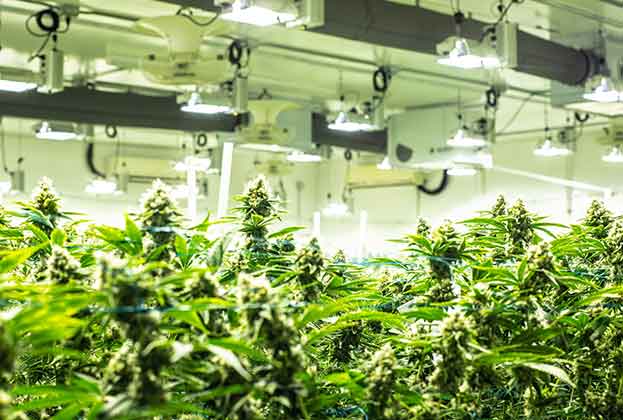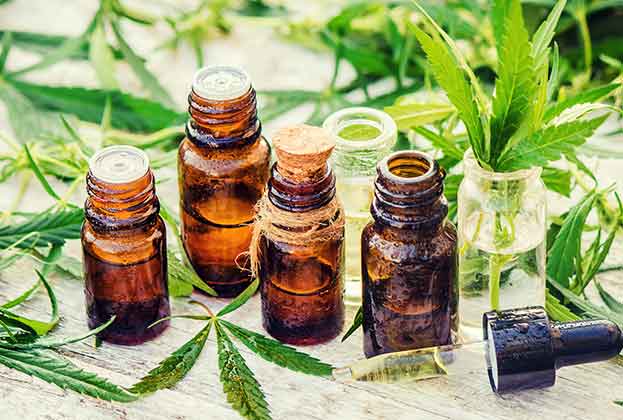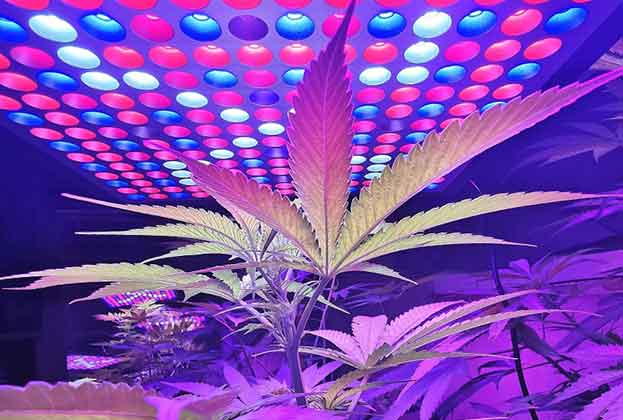We look at the rapid growth of this crop and how investors can access the market
We are unlikely to see UK companies fulfilling the requirement for high-quality CBD products in domestic markets. Where licences are granted, extracted CBD and other cannabidiol compounds are utilised for medicinal or scientific purposes as they are higher-value products. UK production of cannabis-derived medicinal products increased by over 500% between 2015 and 2017, to 235 tonnes, making it the largest global producer by a significant margin.
Plants with high cannabidiol and, therefore, high THC levels are regarded as medical grade cannabis and require a different growing regime. A demand for premium quality requires the crop to be grown in a controlled environment. Extraction of cannabidiol compounds is also highly regulated, meaning markets are largely inaccessible. Partnerships may be needed to market end produce, such as in the case of medical preparations. Pharmaceutical companies will have strict production criteria already in place to ensure products comply with safety and quality legislation.
Though initial capital outlay for controlled systems is significantly higher, a high-value product provides ample opportunity to recoup initial investment and achieve healthy returns
Savills Rural Research
Though initial capital outlay for controlled systems is significantly higher, a high-value product provides ample opportunity to recoup initial investment and achieve healthy returns. Prices for all varieties of cannabis are less susceptible to market volatility due to the tight controls, this is particularly the case for high THC varieties where controls are stricter.
Licensing and standards
A separate licence must be obtained from the Home Office for varieties that contain more than 0.2% THC. Unsurprisingly, requirements for these licences are far stricter but not unattainable. Between 2016 and March 2019, the Home Office granted seven High THC cannabis cultivation licences for research and 30 for the extraction of cannabinoids. The cost of such a licence is higher at £4,700, but the option to produce cannabinol products also gives the opportunity for higher returns.
Partnerships are necessary here as licences will only be granted for scientific or medicinal purposes. Several other requirements must also be met and can be demonstrated through a robust business plan. When creating a plan, ensure all movements and transactions concerning the crop are accounted for, as well as how and when destruction will occur. Security is often a chief concern and must also be demonstrated in your plan.
To make, assemble or import medicines, you also need a manufacturer licence, issued by the Medicines and Healthcare Products Regulatory Agency (MHRA). This, in turn, relies upon compliance with good manufacturing practice that demands products are of consistently high quality, appropriate to their intended use and meet the requirements of the marketing authorisation.
Read the articles within Spotlight: Hemp cultivation in the UK below.
.jpg)



